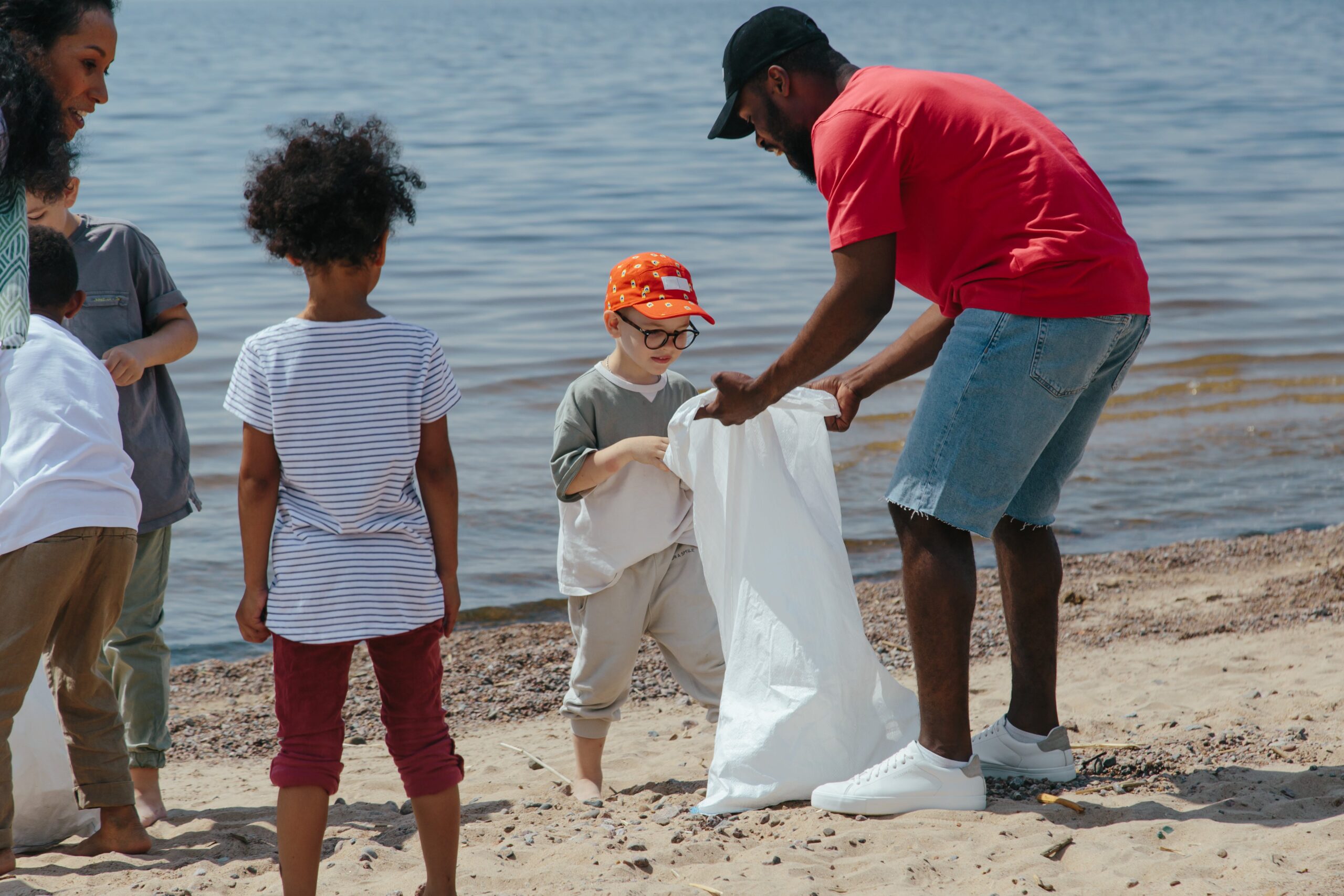
The Value of Exposing Kids to Extremes
By Tim Elmore
I enjoyed dinner with a group of business executives in Cancun, Mexico, recently. During our conversation, several spoke about the vacations they’ve taken with their children and how much they relished those trips. Eventually, however, those parents admitted they worried about their kids’ sense of entitlement. After all, they’d experienced places like the Amalfi Coast, Dubai, Barcelona, and Shanghai. Doubtless the kids loved it—but did they now expect it?
When children get these kinds of experiences, they are both amazing and spoiling.
I recall providing rare trips and experiences to my children occasionally as they grew up, but along the way, I was haunted by the same concerns. Will this seem normal? Will they now suffer from the “encore problem,” where nothing short of stunning is sufficient? Will they assume they deserve the lifestyles of the rich and famous? Will they develop a subconscious appetite to keep up with the Kardashians?
While I may be exaggerating, I began to ponder a solution.
Exposing Them to Extremes
As a leader and educator, I’ve always attempted to make our trips learning experiences. As I’ve grown, I saw the value in exposing lower-income students to amazing places where their dreams could expand, and their expectations could be increased for their life. Kids who’ve lived in poverty benefit from seeing beyond the nine-block radius they’ve been limited to and envision what it might look like to attend college or work for a large company with a big mission.
Liz Murray told me how she’d grown up as a homeless kid on the streets of New York, never imagining she could expect anything else until a teacher took her and other underprivileged teens to visit Harvard University. She said it changed her life. She attended, graduated, and wrote a book called Breaking Night, on how she was able to move from homeless to Harvard. I’ll never forget her telling me how she stood in front of a washer and dryer in her dorm the first day on campus. She and a fellow student both cried as they stared at the machines. Liz wept because she’d never had a washer and dryer to use. The other student wept because she never had to use hers before, and now, she was forced to do so.
Herein lies the value of extremes.
Kids from middle class and affluent areas gain just as much as Liz did when they’re exposed to places completely different than their own familiar territory. It can be eye-opening to visit impoverished communities where families live more happily than wealthy communities because they have each other and don’t need the possessions we assume we need. This can reset what’s been normalized for them.
Greater exposure and new experiences are like mentors. My wife and I raised our children in upper-middle class America, but regularly took trips to less privileged areas like Split, Croatia (during the Bosnian-Serbian conflict), where we served refugees. We visited the streets of Kingston, Jamaica, where we served lower-income families. And several times, we drove to downtown Atlanta, 25 minutes away, where we’d feed and serve the homeless. As a family, we’d always debrief these experiences, having seen people who did not enjoy the possessions and privileges we did. I wanted to redefine normal.
What’s the Benefit?
This article may feel like simple common sense. Perhaps it is. Too many of us, however, struggle to equip our young people to recognize the life they live may not be normal for most people, both rich and poor. Everyone expands and grows when we get to see something vastly different from our norm. We gain perspective. The value of witnessing another extreme is immense:
- Seeing an area more elaborate and impressive may increase the vision of a teen.
- Seeing an area less privileged and less impressive may increase the gratitude of a teen.
A NexStar Media Survey reported nearly all parents worry about their kids being spoiled. Sixty percent admitted their children were “a little spoiled” and 32 percent admitted their kids were “spoiled rotten.” My work with the emerging generation teaches me that abundance and poverty are valuable for them to see. What’s more, research shows that the happiest people in the world right now are not those who live in the wealthiest, most industrialized nations. They live in places where they have less but require less to be happy. The truth is, the most satisfied people are not the ones who possess the most, but the ones who need the least.
My advice? Expose your young people to the other extreme and engage in meaningful dialogue about their observations. This will surely offer perspective.






